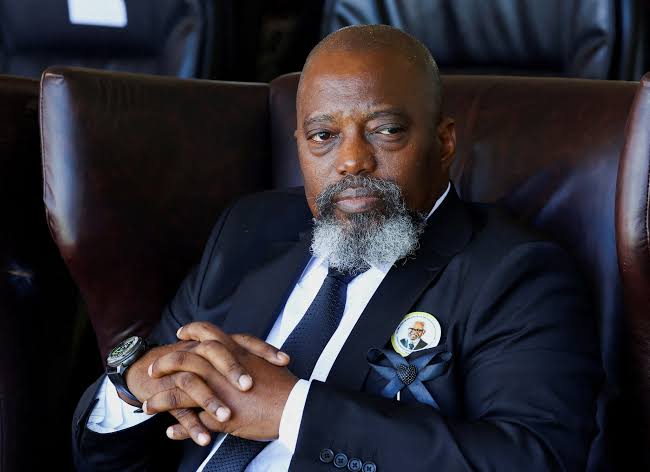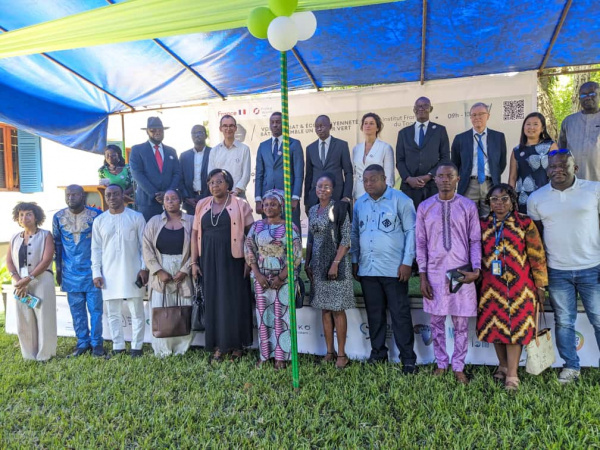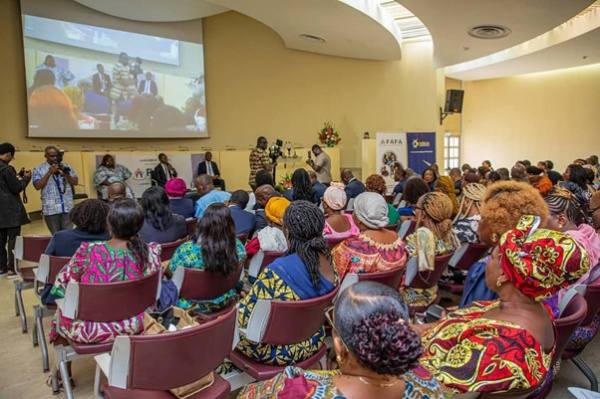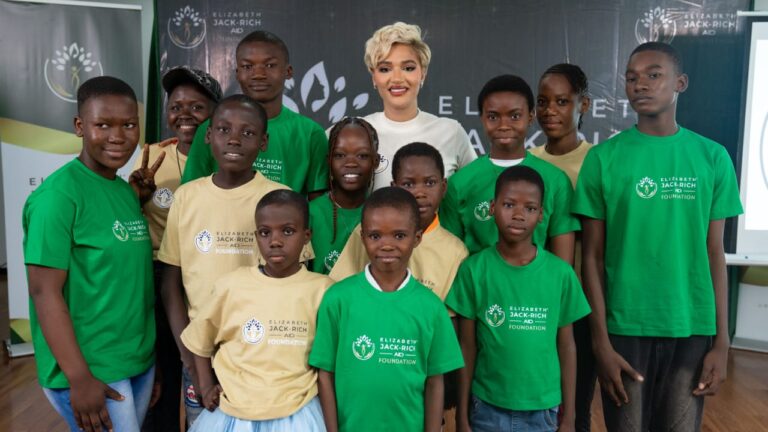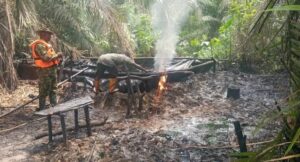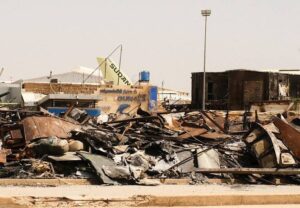Former Congolese President Joseph Kabila has reportedly arrived in Goma, a city in eastern Congo controlled by the M23 rebel group, for talks with local residents, according to sources close to him. This visit, occurring a month after Kabila declared his intention to help resolve the crisis in the war-torn region, could potentially complicate ongoing U.S.-backed efforts to end the M23 rebellion.
The three individuals close to Kabila, who spoke to Reuters on condition of anonymity, indicated that the former president is scheduled to begin consultations with citizens in Goma on Wednesday. Goma fell under M23 control in January during an offensive that has seen the group seize more territory than ever before.
While Corneille Nangaa, leader of the rebel alliance that includes M23, has also confirmed Kabila’s presence in Goma via social media, Kabila himself has not publicly commented, and no images of him in Goma have been released. The lack of official confirmation from Kabila’s camp has fueled speculation about the purpose and potential impact of his visit.
Kabila, who governed the Democratic Republic of Congo for nearly two decades, stepped down in 2018 following protests and external pressure after a controversial election. He has been residing outside of the country, primarily in South Africa, since late 2023. The Congolese government in Kinshasa has accused Kabila of supporting the M23 insurgency, allegations he has denied.
The reported visit coincides with a recent vote in the Congolese Senate overwhelmingly supporting the lifting of Kabila’s immunity from prosecution over his alleged links to M23. This move suggests a growing determination within the Congolese government to hold Kabila accountable for his alleged role in the conflict.
Read more: Congo Suspended the Political Party of Former President Kabila.
Government spokesman Patrick Muyaya, during a briefing aired on state television, accused Kabila of “positioning himself as the rebel leader” in collaboration with Rwandan President Paul Kagame. These accusations further escalate the already tense political climate in the region.
Kabila is wanted in Congo for alleged crimes against humanity related to his purported support for the insurgency in the east, including accusations of involvement in the massacre of civilians. The Congolese government has also taken steps to suspend his political party and seize the assets of its leaders, signaling a concerted effort to weaken his influence.
In a speech delivered on Friday evening, Kabila denounced Congo’s justice system as being “openly exploited for political ends” and characterized it as “nothing more than an instrument of oppression” wielded by President Felix Tshisekedi’s government.
The United States, under President Donald Trump’s administration, is keen to exploit the valuable minerals in the region and is pushing for a peace agreement to be signed this summer, accompanied by minerals deals aimed at attracting billions of dollars of Western investment to the region, Massad Boulos, Trump’s senior adviser for Africa, told Reuters earlier this month.
The United Nations and Western governments have accused Rwanda of providing arms and troops to M23, a charge that Rwanda vehemently denies. Rwanda claims its military actions have been solely in self-defense against Congo’s army and a militia founded by perpetrators of the 1994 genocide.

